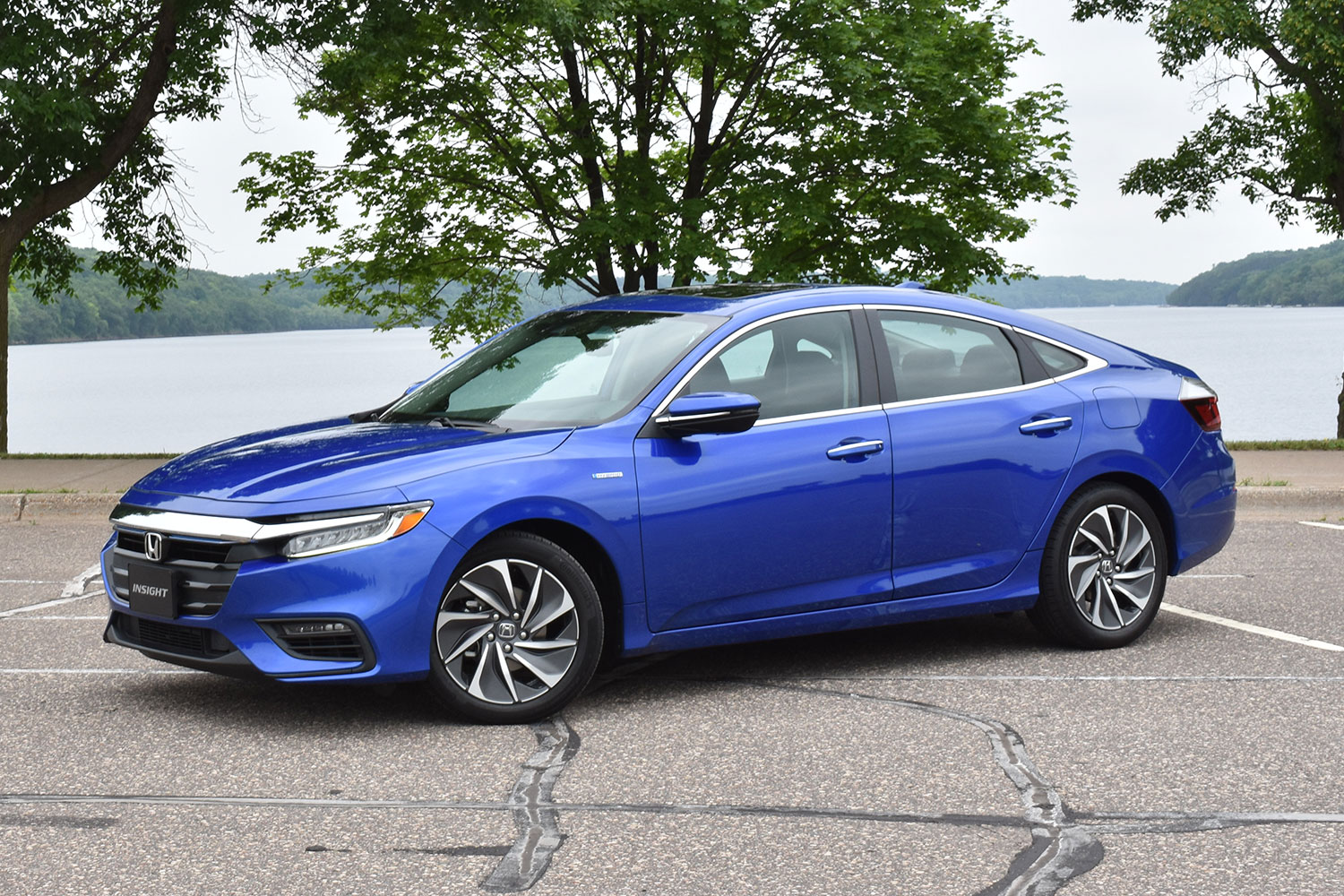
California's hybrid vehicle tax credit might be something you're interested. There are several incentive programs to help you out, and the federal tax credit is also available to you. You will get different amounts depending on which vehicle you buy, but they can help lower your monthly payment and down payment.
You can reduce your carbon footprint by buying a hybrid vehicle or an electric car. These vehicles require little maintenance and use less gas. California has played a leading role in promoting environmentally-friendly technology for many years.
Rebates are available for pre-owned and new vehicles. You can even get discounts on new and pre-owned vehicles, as well as pay-as you drive discounts. Some cities in California offer free parking for fuel-efficient vehicles. This will help you save money and lower your insurance costs. You can get a Clean Air Vehicle sticker that will allow your vehicle to use reduced rates on toll lanes. It can also travel in diamond and HOV lanes.

There are two types of incentives available: tax credits or rebates. The tax credits are available to new buyers, but there are some restrictions. Most consumers won’t be eligible in the beginning. They will have to wait a year or two to receive their money. There are certain rules about the type of vehicle you can buy.
For all-electric vehicles, the federal tax credit is $7,500. You may also be eligible for credit for plugs-in hybrids or fuel cell electric vehicles. These vehicles may also be eligible to receive a Clean Vehicle Rebate Project(CVRP) rebate. CVRP offers a rebate to buyers with low incomes and can reach as high as $4500 depending on what model you choose.
Local utilities may also offer rebates. For example, the Community Housing Development Corporation may be able to provide a grant up to $5,000 for a plug-in hybrid or new battery-electric vehicle. A rebate can be obtained at the point of sale for up to $750 on a new electric vehicle. You must apply for the rebate within 18 months of purchasing the vehicle.
A hybrid or electric car can save you money on your insurance. This is because electricity can cost 1/4 to 50% less than a gallon per mile of gasoline. These savings can add up over the life of your vehicle to thousands of dollars. California also offers a clean gasoline reward program. You can get a bonus of up to $1500 to replace your polluting car with an all electric or hybrid model.

Clean Vehicle Rebate Project is responsible for bringing more than 350,000 clean cars onto California's roads. Check out the Clean Vehicle Rebate Project web site for more information on rebates. There is a wide range of vehicles that qualify for the rebate, including FCEVs and zero-emission motorcycles.
Insufficient funds have made it difficult for the state to offer financial assistance to those less fortunate. Californians will now be able to purchase electric or hybrid vehicles easier thanks to the federal credit.
FAQ
What qualifications does a truck mechanic need?
You don't have formal qualifications for this role, but you are very experienced working on trucks and engines. Your expertise is invaluable because you know how quickly and efficiently to diagnose problems.
Additionally, you have a solid knowledge of diesel technology that will enable you to determine what parts are necessary to repair our vehicles.
Is being a mechanic apprentice hard?
It's not easy, but you learn fast, and there are many opportunities for advancement.
You will need patience and perseverance. It is also important to know how you can fix vehicles, trucks, or motorcycles.
Customers and family members will put pressure on your shoulders to help you succeed. However, you shouldn't be forced to make difficult decisions.
This is a career that you might enjoy if you are passionate about fixing cars. You can make a decent living and build your business.
But you may prefer another path. In this case, you could consider becoming a technician instead.
This requires you to use your technical expertise in support of other workers. This could be a way to help technicians with their problems or to teach them new techniques.
You can also become a service advisor. This is where you can offer advice and assistance to customers who bring their vehicles to a garage.
Your choice is based on what you choose to do. There are many options and you have the ability to choose the one that is right for you.
What is the best career for an automotive mechanic?
There are many exciting opportunities in the automotive industry for people who are driven to achieve excellence. This field requires hard work and the willingness to learn from others.
Your job will require you to be a good communicator as you'll be talking to customers and other employees. You should also be willing to travel and work long hours, making commuting difficult.
If you're interested in pursuing a career in automotive, consider taking classes at community colleges and universities. Many schools offer programs designed specifically for students interested auto repair, sales, and customer services.
Mechanical engineering should be your first choice for a degree. You can earn a bachelor's in as little four years.
In addition, many companies will hire graduates straight out of school. You should start looking for employment as soon as you are able to continue your studies part-time.
After your education is complete, you will probably need some training in order to become an automotive technician.
This means that you will need to pass tests such as the Automotive Excellence (ASE) certification exam. This test covers topics such engine maintenance as brakes, steering, suspension, etc.
After passing the ASE test you can apply for a National Institute for Automotive Service Excellence (NIASE) license.
A license allows you to perform repairs on vehicles owned by private individuals. You'll get compensation based on the amount of services you perform.
Not all states require licensing. A license is required if you plan on working outside of your home state.
Some states don’t issue licenses until a certain amount has been completed. If this applies to you, then you may need to find another option.
Are you a mechanic or a technician? Can I study part time?
Although it's not mandatory, a degree can help. Employers prefer applicants who have completed a full-time degree. It shows that your efforts have been put in and you have succeeded.
However, it doesn't mean you can't still work while studying. Some universities permit students to do coursework during summer holidays and complete their studies later in a year. Others let students take classes part-time throughout the year.
Does it matter what college I go to?
No, not really. There is no difference between colleges in terms of how to get into the automobile industry. But, there are better programs at some schools than others. Look elsewhere if you want something more niche.
What are the requirements of an automotive technician?
You need to have high school diploma or GED and good grades in English as well as maths. You also need to be able to read and write well. The written test will be passed and you will then have to take several practical exams before you can begin work.
What information do I need about car mechanics
To be an auto mechanic, you don't have to know much about cars. It's enough to know how to fix things. This is why most people get started with simple jobs such as changing brake pads or tires. Then they move on to more difficult repairs.
You will need to understand written instructions, read diagrams and follow the basic rules of good practices. You must also be able judge if parts need to replaced or repaired.
It is important that you have proper training and guidance before you attempt to repair vehicles. This is especially true if your job involves expensive parts like transmissions or engines.
Even though you don't need to be an expert on cars, it is important to understand the fundamentals of mechanical engineering and physical physics. This means understanding the principles behind how engines work and how brakes function.
Noting that all situations are possible, it is important to be prepared. For instance, you might find yourself in charge of a vehicle that has been in a serious accident. Additionally, you will need to have experience with handling accidents and breakdowns.
You must also be willing to learn quickly. It is important to be able both to diagnose problems and perform simple maintenance tasks, such as tightening nuts.
Statistics
- Apprentice mechanics earn significantly less hourly than mechanics who have completed training, with a median wage of approximately $14.50 an hour, according to PayScale. (jobhero.com)
- The U.S. Bureau of Labor Statistics (BLS) reports that the job outlook for automotive service technicians and mechanics is expected to decline by 4% from 2019 to 2029. (indeed.com)
- According to the BLS, total auto technician employment is expected to exceed 705,000 by 2030. (uti.edu)
External Links
How To
How to get a certified mechanic
The mechanic's certificates are intended for professionals who wish to become automotive technicians. They cover all aspects of auto repairs including engine diagnostics. Electrical systems. Brakes, suspension. steering. Fuel injection. Air conditioning. Heating. Exhaust. Diagnostic tools. Body repairs. Collision damage repair. Paintless dent removal. Motor vehicle emissions testing.
The program includes 12 hours of classroom instruction as well as three months of training on the job at a participating dealer. Students must complete a minimum of 60 clock hours of classroom study per semester and pass a written exam, including theory and practical questions. The National Institute for Automotive Service Excellence will administer the state exam to students who have completed the coursework. To become an automotive service technician, you will need to be certified by ASE.